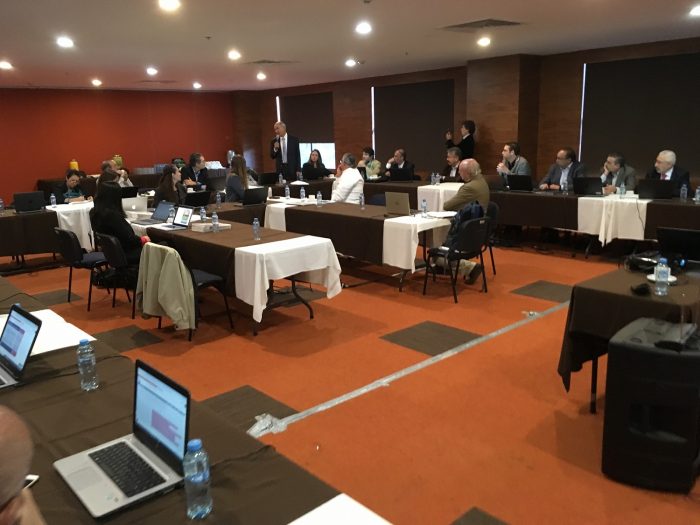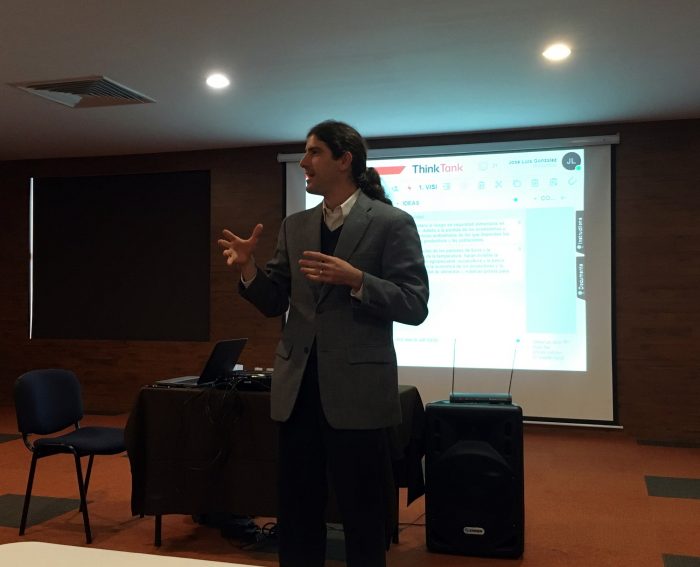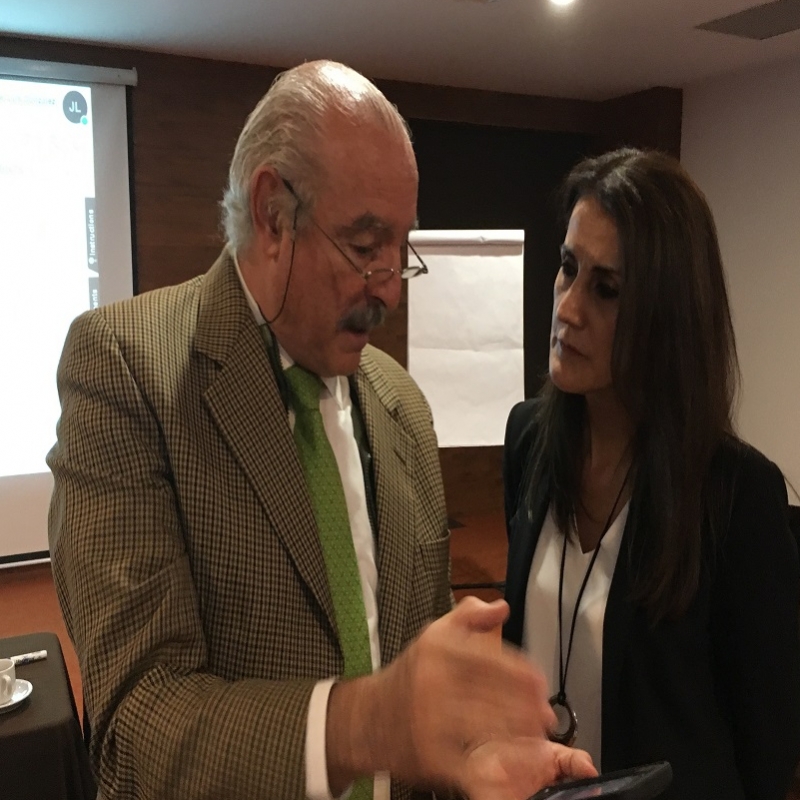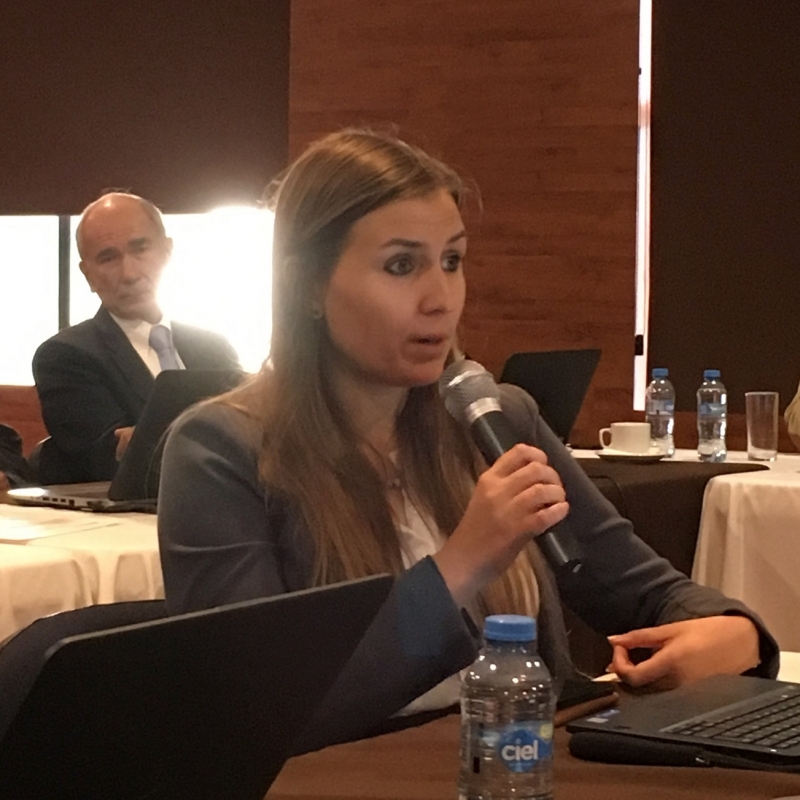Through technological platforms, priority is given to action points and activities linked to structural changes in the modes of production.
As a first approach, private sector producers and national agri-food sector representatives worked from a climate lens to identify priorities for promoting a structural change in the way food is produced. They used three strategic documents that discuss water availability, the value of biodiversity and the implications of climate change, as well as how to diminish the threat to the country’s agri-food productivity.
More than 40 private sector producers and representatives traveled to Mexico City on September 27, 2018. With technology lent by the Monterrey Institute of Technology and Higher Education, categories and priorities were identified to support in the selection of activities and action points currently used by the private sector in the modes and means of production. The meeting helped define the areas of opportunity for pursuing actions that enable the necessary structural changes for achieving sustainable, climate-smart production that contributes to increased competitiveness and food security.

The discussion focused on moving towards a more systematic approach in our relationship to the planet and food production. This can only be achieved through organized inter-institutional and inter-sectoral coordination, in which the skills, characteristics and activities of public and private actors are closely aligned.
The following documents guided the discussion: the Climate Change and Agri-Food Production Agenda (a document written by 38 national agricultural sector institutions coordinated by the Deutsche Gesellschaft für Internationale Zusammenarbeit (GIZ) GmbH and the Inter-American Institute for Cooperation on Agriculture [IICA]); the Strategy for the Integration of Biodiversity in Mexican Agriculture (SAGARPA, 2018); and a water study in Mexico by the Mexican Center for Water Studies A.C. The information in each document was reviewed to identify points of intersection between the activities of private sector representatives, producers in the four food production subsectors (agriculture, livestock, fishing and aquaculture, and silviculture) and their interactions in the value chain.

The key barriers and drivers for achieving a systematic change in food production at the national level were identified The importance of the country’s transition to a new government, and the definition of new international trade agreements and treaties, were also stressed. In this context, a constructive space was opened to identify which subsector actions could support the integration of this vision for sustainable agri-food production into operational frameworks, taking into account different public policies, program components, international agreements and national priorities.
Finally, participants offered ideas for future collaborations between private sector representatives, government agents and multilateral cooperation agencies. Such efforts would contribute to achieving international goals on climate change, conserving ecosystems and their resources, increasing the competitiveness of the sector and reducing the threats posed by climate change and greenhouse gas emissions from productive activities.



